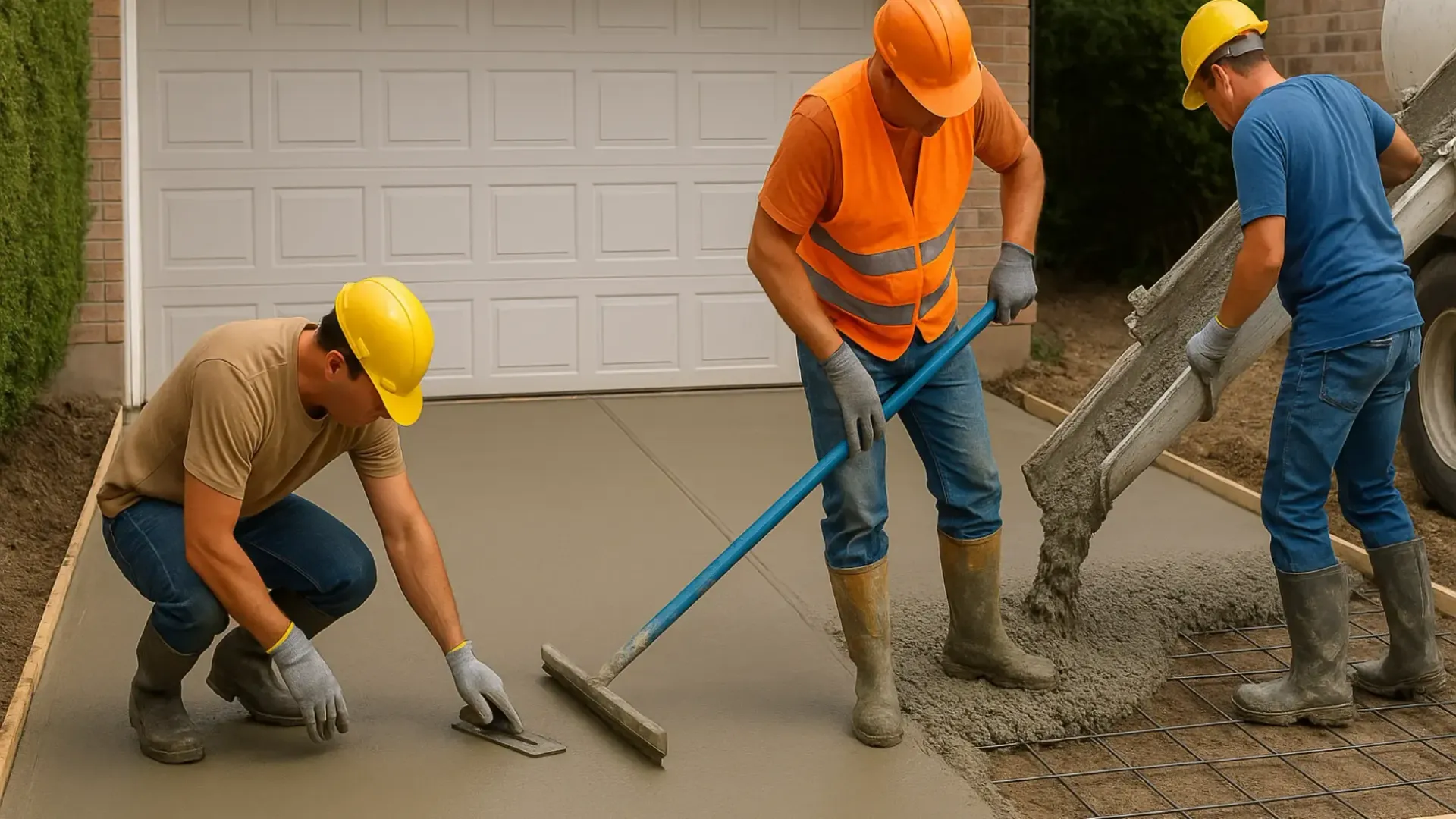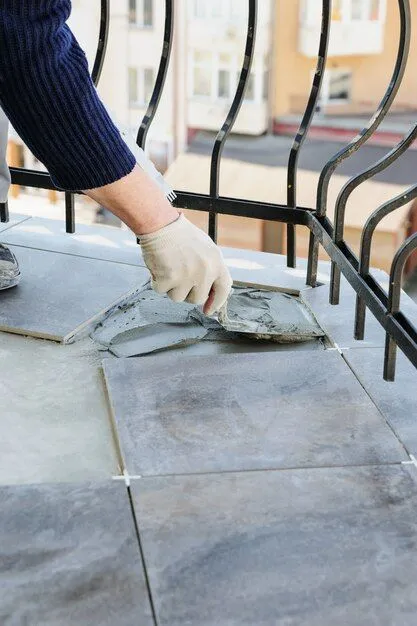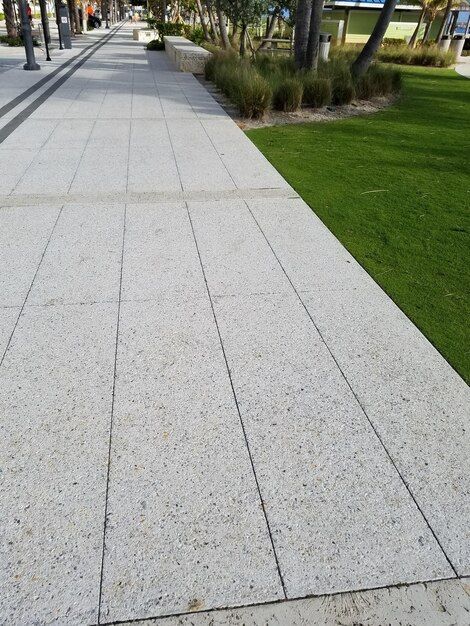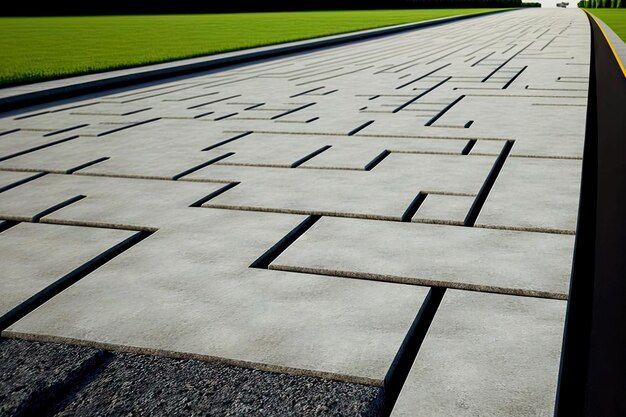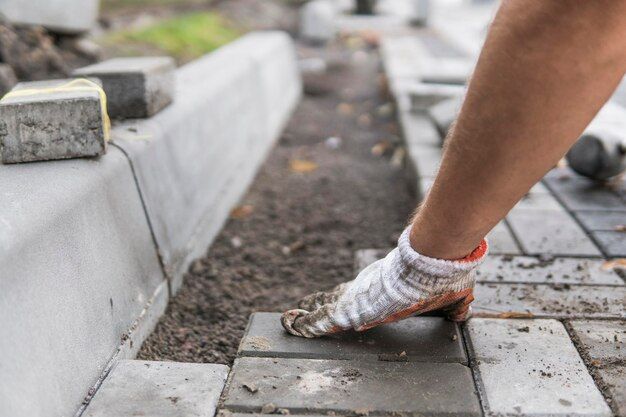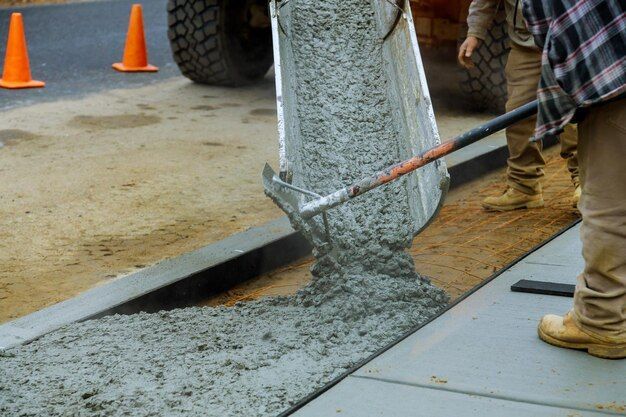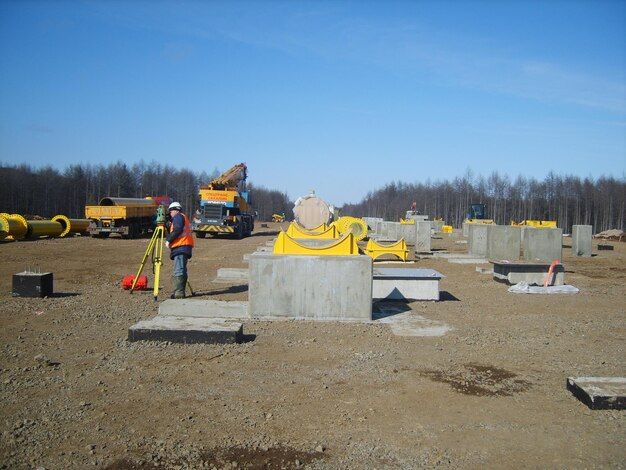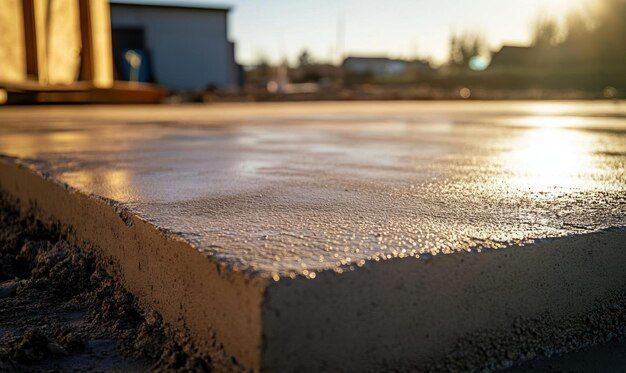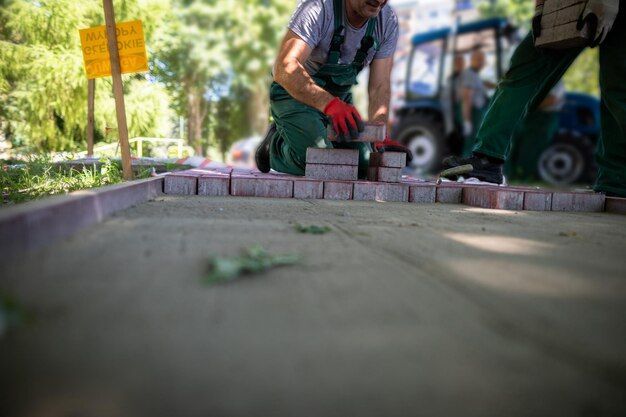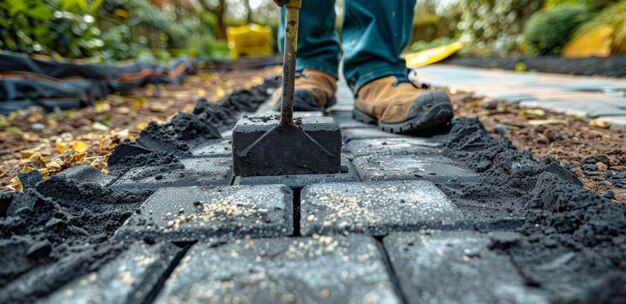As a homeowner, it is pretty easy to get the best concrete contractor in Dallas with a reasonable budget and a little research. However, it isn't that easy for a concrete contractor to be the best. Generally, contractors face many challenges, either big or small on-site, and while these challenges might seem like it's their fault, some are pretty much unavoidable.
If you have been in the construction industry for a while, you would agree. However, suppose you are new to the concrete contractor line. Then, you are making the right choice by reading because even though some of these difficulties might be unavoidable, you will be ready to face them if you come across them. This article will discuss the most significant difficulties concrete contractors face in Dallas; let's begin!
Biggest Difficulties Faced By Dallas Concrete Contractors
Weather
As a layman, one would think any day should be good enough to pour concrete, right? But as a concrete contractor who is good at his job, you understand that weather is crucial to consider during construction; thus, why weather is such an enormous difficulty.
Let's begin by establishing that it is hot in Dallas, and while this might seem suitable for concrete, it can also be bad for concrete without the proper techniques and equipment, especially during pouring. Usually, a temperature rise has a significant effect on concrete and can increase the rate of hydration. This can adversely affect the strength of the concrete and result in cracks in your concrete.
It is nearly impossible in Dallas not to face issues such as cracks in the concrete due to the hot temperature. However, it can be controlled and minimized by the proper methods. As a concrete contractor in Dallas, you need to know when the temperature exceeds an acceptable level for your concrete, and a temperature sensor can adequately help you achieve that.
Then, you can proceed to provide shade or cover the surface to protect the concrete from rapid hydration. Plus, since the concrete surface absorbs heat, you could also mist the area to reduce the heat exposure on the surface.
Insurance
As a contractor, it is essential to have insurance. Here's because the job comes with its risk, and having insurance will give you something to fall back on if there's ever damage or accident on your client's property. However, the high insurance costs can be a significant challenge for concrete contractors in Dallas.
Suppose there is damage on a client's property during construction and the client insists that you pay for damages. In that case, insurance guards your business against the massive legal costs you might have to pay if you didn't have one. Plus, most homeowners prefer to work with a concrete contractor with insurance because while damages or accidents could happen during the work duration, they can rest easy knowing they do not have to pay for it.
As a concrete contractor, we understand that the high insurance costs might be too much for you, so we suggest you get lower rates by combining the insurance coverage and not letting your insurance lapse. While clients can add you to their general liability policy, it is vital to have an insurance plan to give you two-step protection.
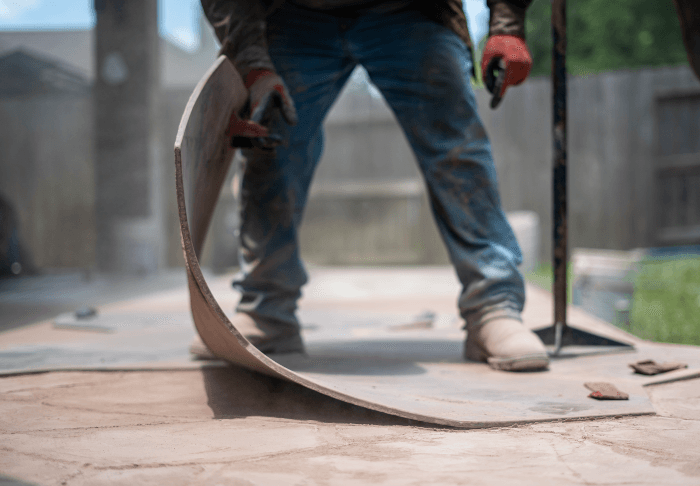
Safety
Safety is another big challenge for concrete contractors worldwide, including Dallas. It requires patience and expertise to remain safe on-site because the risk of getting hurt on a concrete construction site is even higher. However, despite the high number of job-related injuries that can happen to you and your team on-site, there are safety hazards that you and your team could employ to reduce the chances of accidents.
As required for any construction work, it is essential to protect your head and eyes when you are on site. Your eyes are susceptible to hazards such as dust blown into your eyes or splatters of concrete getting in your eye.
So always be sure to protect your head and eyes on the field, your skin, and other body parts. Other common hazards that could be risky to a concrete contractor are falls from elevated platforms that could lead to disabilities and other serious health issues.
Labor Shortage
With a massive undersupply of construction workers in Dallas, it is one of the difficulties for concrete contractors in Dallas. Even with the labor shortage, getting reliable subcontractors can be challenging for concrete contractors. We recommend hiring a subcontractor with a license and general liability insurance to avoid spending a lot during unplanned circumstances.
However, in contrast, the growing need for the skill keeps increasing, and thus, this can lead to a lot of rescheduling and delay for concrete contractors to complete a lot of their jobs. Plus, this increase in demand and decrease in the availability of labor has attracted an increase in the hourly wage of concrete workers in Dallas.
Communication
Communication is a significant challenge for workers worldwide, and Dallas is no exception. Concrete contractors can usually have many reasons to reschedule, either due to weather or material unavailability. However, it is your duty as a reliable contractor to communicate with your clients about the reasons for the delay.
Nowadays, 4 out of 5 American residents would likely have a mobile phone. Hence, using this leverage can make communication easy and reduce the blame game or damages you might have to cover due to a lack of proper communication. Additionally, it is crucial to converse adequately with your client to ensure that you give them exactly what they require for their project.
Conclusion
Concrete contractors can face many challenges when working in the field, including completing the job within the time frame, delay, unreliable subcontractors. All these can cause a major headache for a concrete contractor in Dallas. However, now that we have identified some of the difficulties and even given a tip or two. We hope that you will be able to avoid these difficulties.
